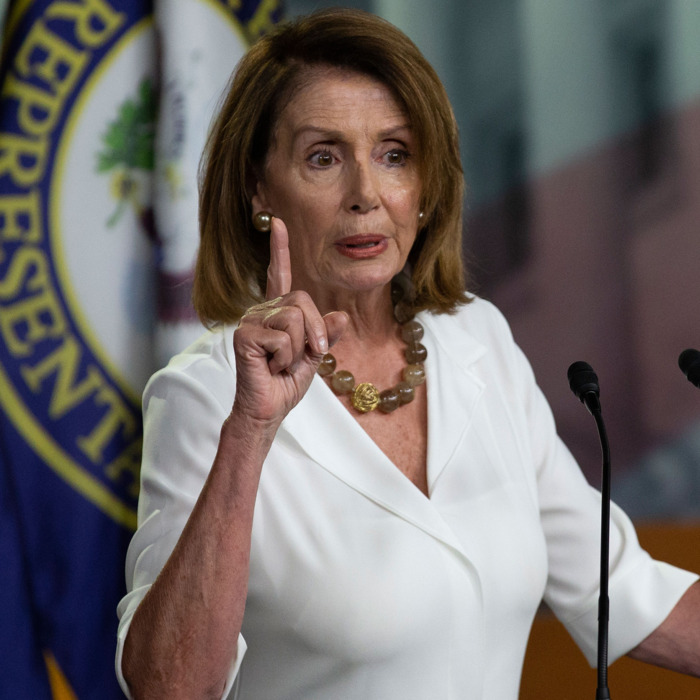On January 3, 2019, the 116th United States Congress met together in the nation’s capital for the first time. After the Democrats won a majority in the House of Representatives in the 2018 midterms, Nancy Pelosi, the former house minority leader, was elected as the new Speaker of the House. Having served in the position from 2007-2011 during the Obama administration, the former speaker’s return comes at a tumultuous time for the federal government. The partial government shutdown is caused by the inability of President Donald Trump and Congress to agree on sufficient funds for the 2019 fiscal year, with Trump requesting an additional five billion dollars to fund a border wall, one of his main campaign promises. With all of the chaos in D.C., Pelosi has immediately been put in the spotlight as both sides seek an end to the shutdown.
Entering her 17th term as a congresswoman, Pelosi represents California’s 12th congressional district, consisting of most of the city and county of San Francisco. She has been leader of the House Democrats since 2003, switching between Speaker of the House and House Minority Leader depending on which party held the majority.
In the 2006 midterm elections, Democrats gained control of the house, and only a few months later, Pelosi was voted in as the new House Speaker, defeating Republican John Boehner in the election, and becoming the first woman to hold the position. In her first speech after taking office she discussed the importance of becoming the first woman to hold the position, saying, “For our daughters and granddaughters, today, we have broken the marble ceiling. For our daughters and our granddaughters, the sky is the limit. Anything is possible for them.”
Throughout her first term as Speaker, however, she was viewed unfavorably by both American voters and members of Congress, even within her own party. She strongly opposed the impeachment proceedings some Democrats wanted to enact on then President George W. Bush. Pelosi did, however, oppose Bush’s idea to increase the number of U.S. troops in Iraq, believing instead resources should be devoted from combat to force protection, counter-terror and training Iraqi soldiers.
Although she was re-elected in the 2010 midterms, the Democrats lost the majority in the house after losing 63 seats, meaning Pelosi was relegated to the position of House Minority Leader. During this time, her leadership came into question as she oversaw the Democrats’ disastrous 2016 election, and four special election losses in 2017. Other members of her party criticized her leadership strategy, and discussed the process of seeking new leadership. Nevertheless, Pelosi definitely responded to the criticism in an interview with CNN, saying “I respect any opinion that my members have but my decision about how long I stay is not up to them… I am a master legislator. I am a strategic, politically astute leader. My leadership is recognized by many around the country, and that is why I am able to attract the support that I do.”
Strong and effective leadership is what this country needs during this divided and tumultuous time. Regardless of political opinions, every American should be hoping that Pelosi and the Democrats can work together with the Trump administration and the congressional republicans for the good of the nation for the next two years.





































